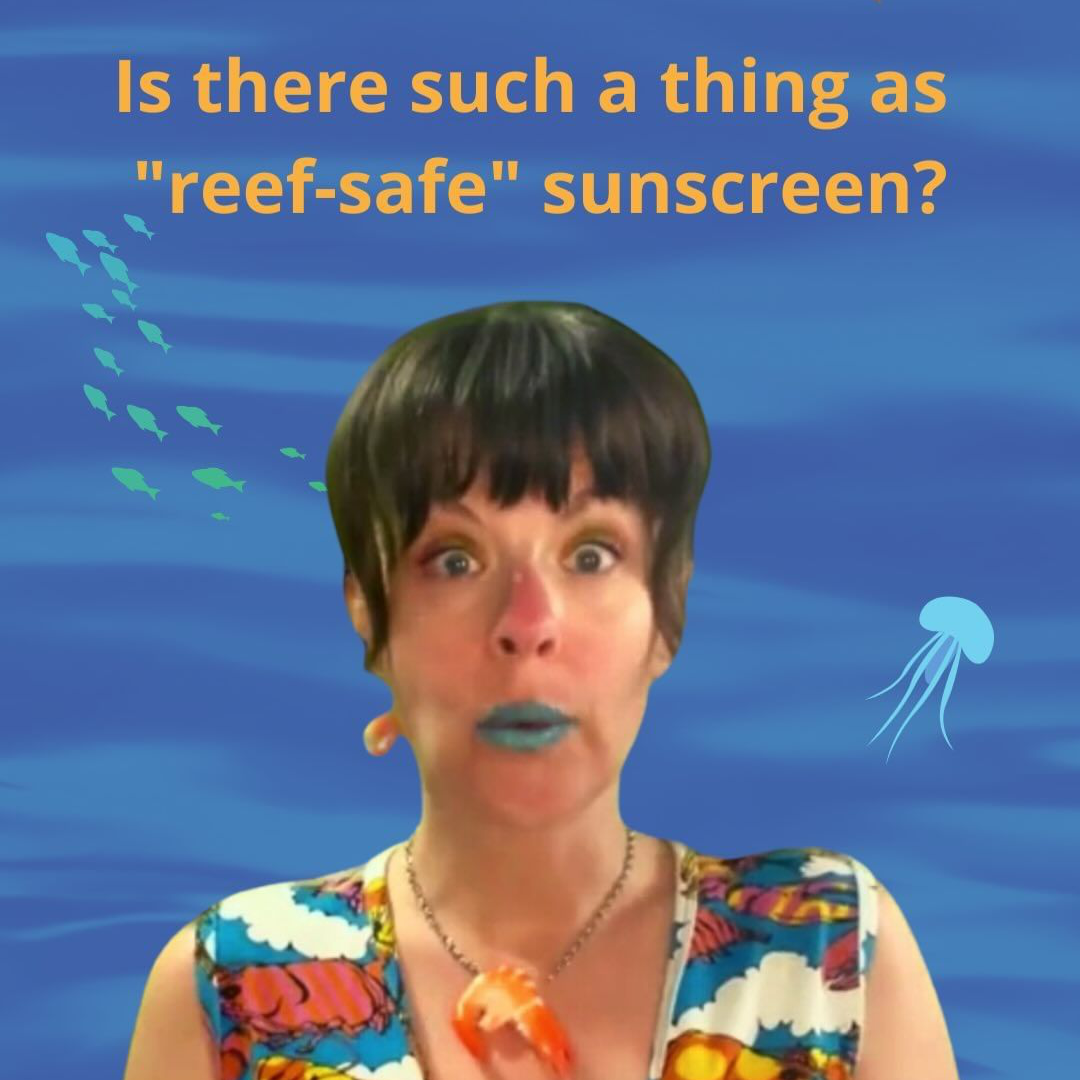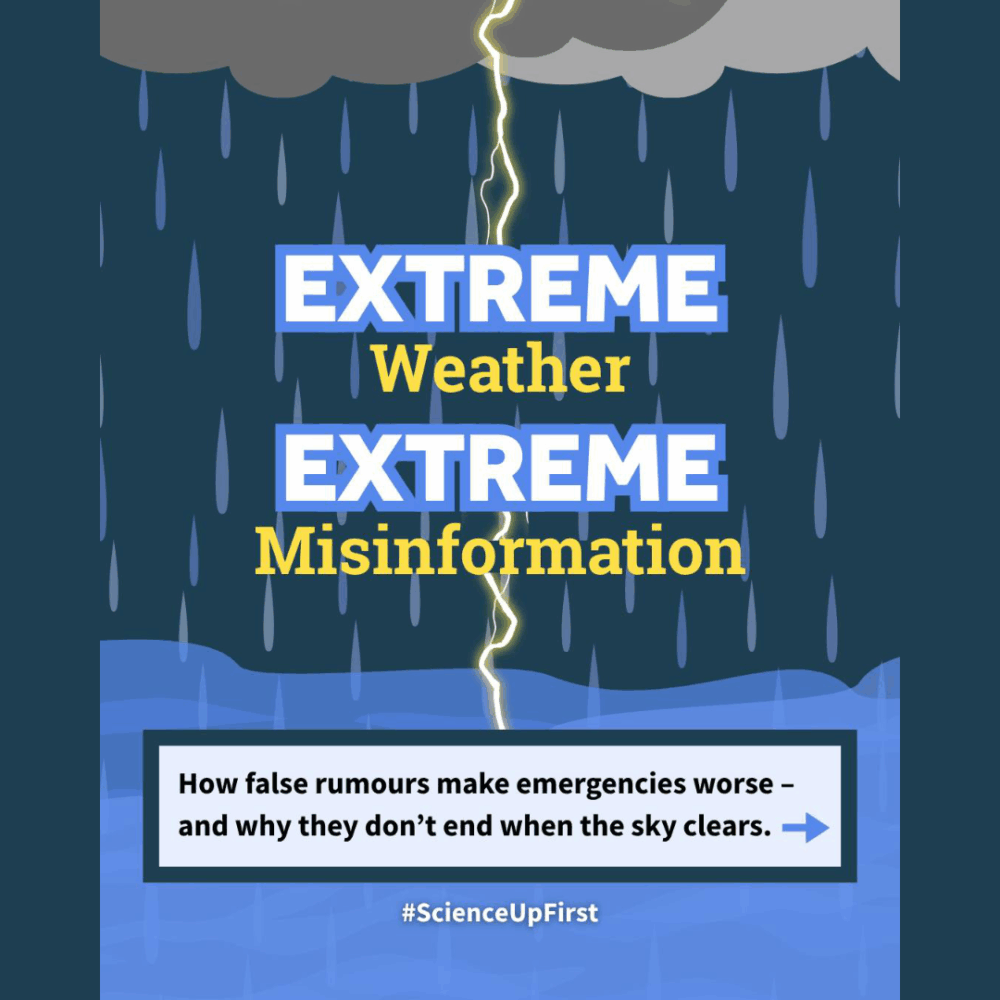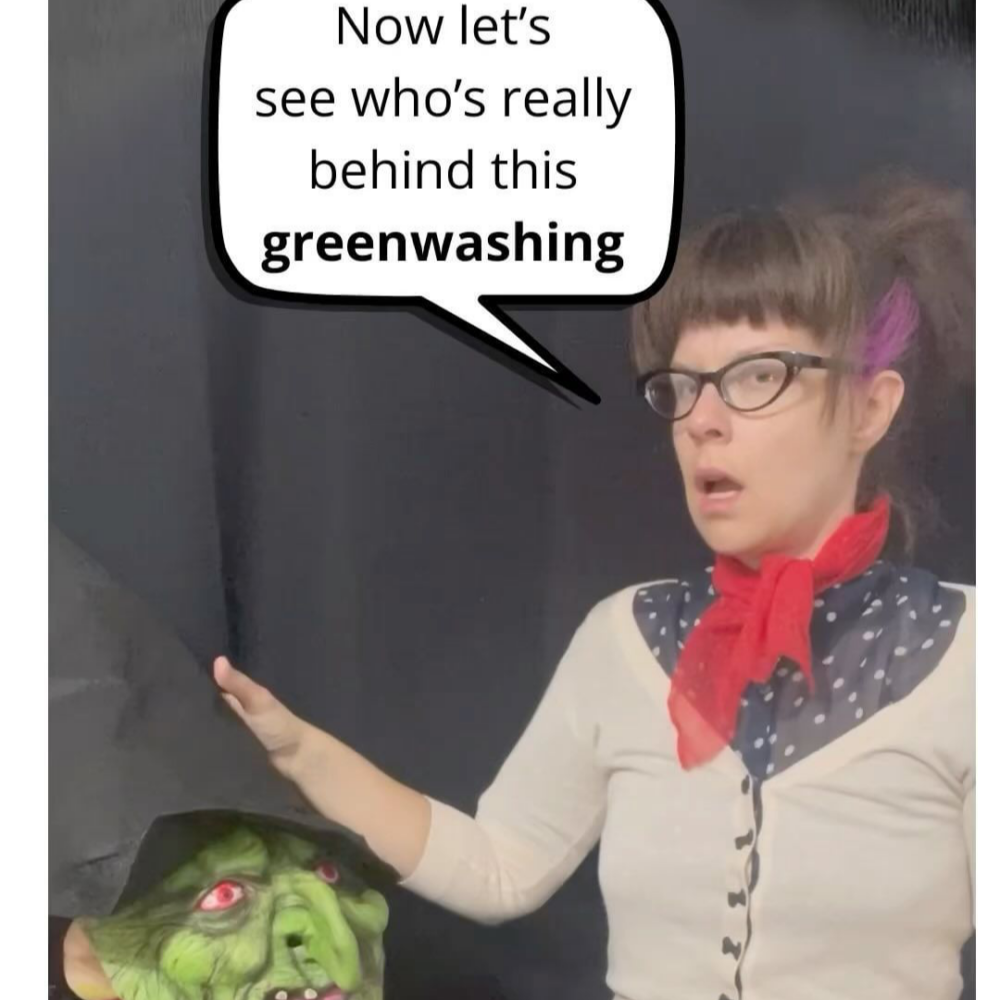Contrary to common beliefs there are a lot of data gaps in research around the impacts of sunscreen on reefs.
What’s more, “reef-safe” is an unregulated marketing term, and doesn’t target some of the filters of highest environmental concern (e.g. zinc oxide, octocrylene) which the EU is presently concerned about.
If you want to be safe, because it is still possible that sunscreens could have environmental impacts at lower concentrations, you can use water resistant sunscreens and sun protective clothing when swimming near reefs.
You can also write to your local representative to push for climate-conscious action as we do know that marine heat waves are worsened by climate change and do have a big impact on coral bleaching.
View our original Tweet!
Don’t stop wearing sunscreen, even if it’s for the reefs!
The reality is that there are a lot of data gaps in research around the impacts of sunscreen on reefs.
Learn more here https://t.co/TrbBSJLXcQ#ScienceUpFirst
— ScienceUpFirst | LaScienced’Abord (@ScienceUpFirst) August 17, 2023
View our original Instagram Post!
View this post on Instagram
- Review of Fate, Exposure, and Effects of Sunscreens in Aquatic Environments and Implications for Sunscreen Usage and Human Health
- Toxic effects of UV filters from sunscreens on coral reefs revisited: regulatory aspects for “reef safe” products
- Why are some Sunscreens Labelled as “Reef-Safe”?
- The Truth About ‘Reef Safe’ Sunscreen




